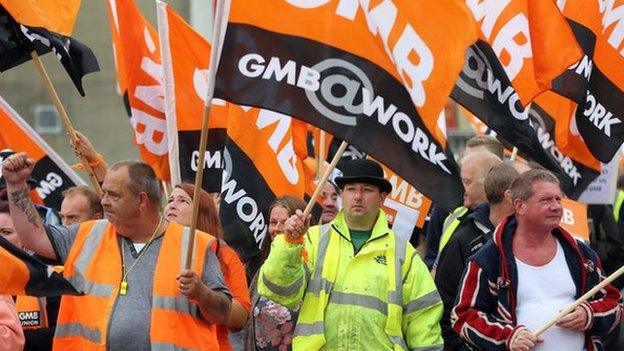Network Rail faces regulator grilling over reliability
- Published
- comments
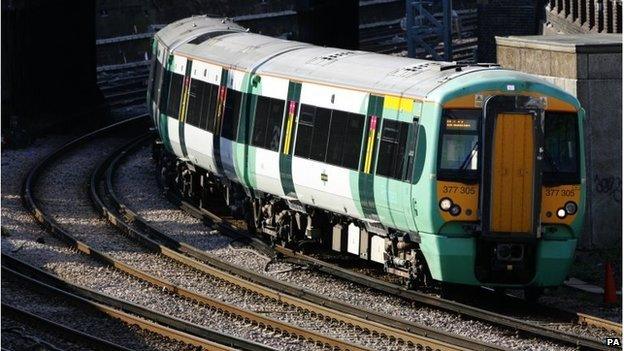
The UK rail regulator is to investigate Network Rail, accusing the company of causing poor punctuality and reliability on some of the country's busiest commuter routes.
Train services run by Southern, Thameslink and ScotRail all missed punctuality targets, the Office of Rail and Road (ORR) said.
Network Rail maintains the rail system.
Rail passenger journeys have risen 59.1% since 2005, while freight is up 9.1%.
Passengers using Thameslink routes have had to deal with disruption caused by long-term work at London Bridge, while track and signalling failures have disrupted travellers on Southern lines.
Last year, travellers passing through north London during the Christmas period suffered delays as engineering work at King's Cross and Paddington stations overran.
Network Rail pointed out that passenger numbers had more than doubled in the last 20 years since privatisation.
It said the number of people travelling by train grew by 67.3 million to a record high of 1.65 billion passengers last year.
More passengers
The ORR said 89.6% of trains were on time, well below Network Rail's 92.5% target.
Last year, the percentage of trains that ran on time fell to 90%, down from 90.9% in 2013.
Publishing its annual results on Thursday, Network Rail set aside £77m for fines related to missing its punctuality targets, £24m of which it said had been "released".
It also pointed to a £246m cut in funding from the ORR, which it said contributed to a 51% decline in pre-tax profits to £506m. Network Rail added that rail investment was not affected.
The ORR conceded the network had had to cope with a large rise in use over time.
Network Rail finance director Patrick Butcher added that there were "more than a million more trains on the network than 10 years ago".
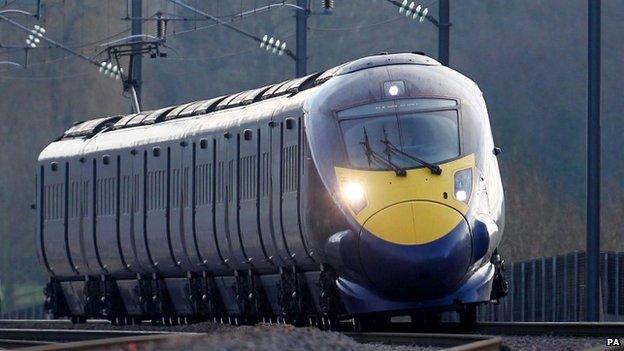
Network Rail runs stations across the UK
Network Rail added: "There are clearly opportunities to improve following decades of under-investment in the rail network. However, it is worth highlighting that we operate the safest passenger network in Europe and the railway asset reliability is the best it has ever been.
"The increase in passengers means that more people are getting to their destination on time than ever before."
Transport Secretary Patrick McLoughlin said: "I expect the regulator to hold Network Rail to account, performance must and should improve. The industry has to work together to address these failings and deliver for passengers and the economy: that needs to start now."

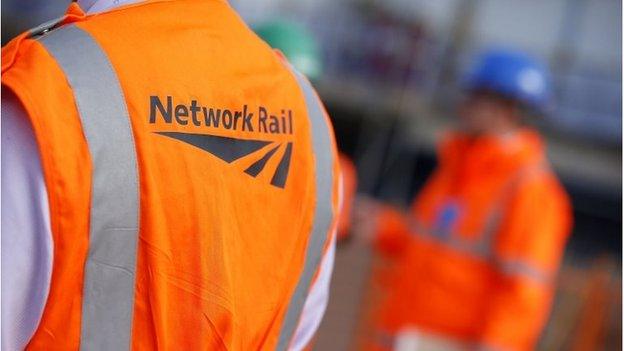
Analysis: Richard Westcott, BBC transport correspondent
Network Rail is spending £24bn over five years on a whole host of projects designed to make more trains run on time and ease overcrowding.
But this report from the regulator, the ORR, says that one year in, the timetable for improvements is slipping and some costs are going up.
For example, work to upgrade the signals around Cardiff will now finish 17 months later than planned, meaning more delays for passengers.
And a project to electrify lines between Manchester and Liverpool finished about a month late, forcing passengers to use smaller, overcrowded trains for longer.
There is some praise in the report, especially for the way Network Rail has improved punctuality on the East Coast mainline from London to Edinburgh, and for freight services.
Having said that, punctuality overall remains 3% below target, with problems singled out on Southern trains, Thameslink trains and services across Scotland.

- Published11 June 2015
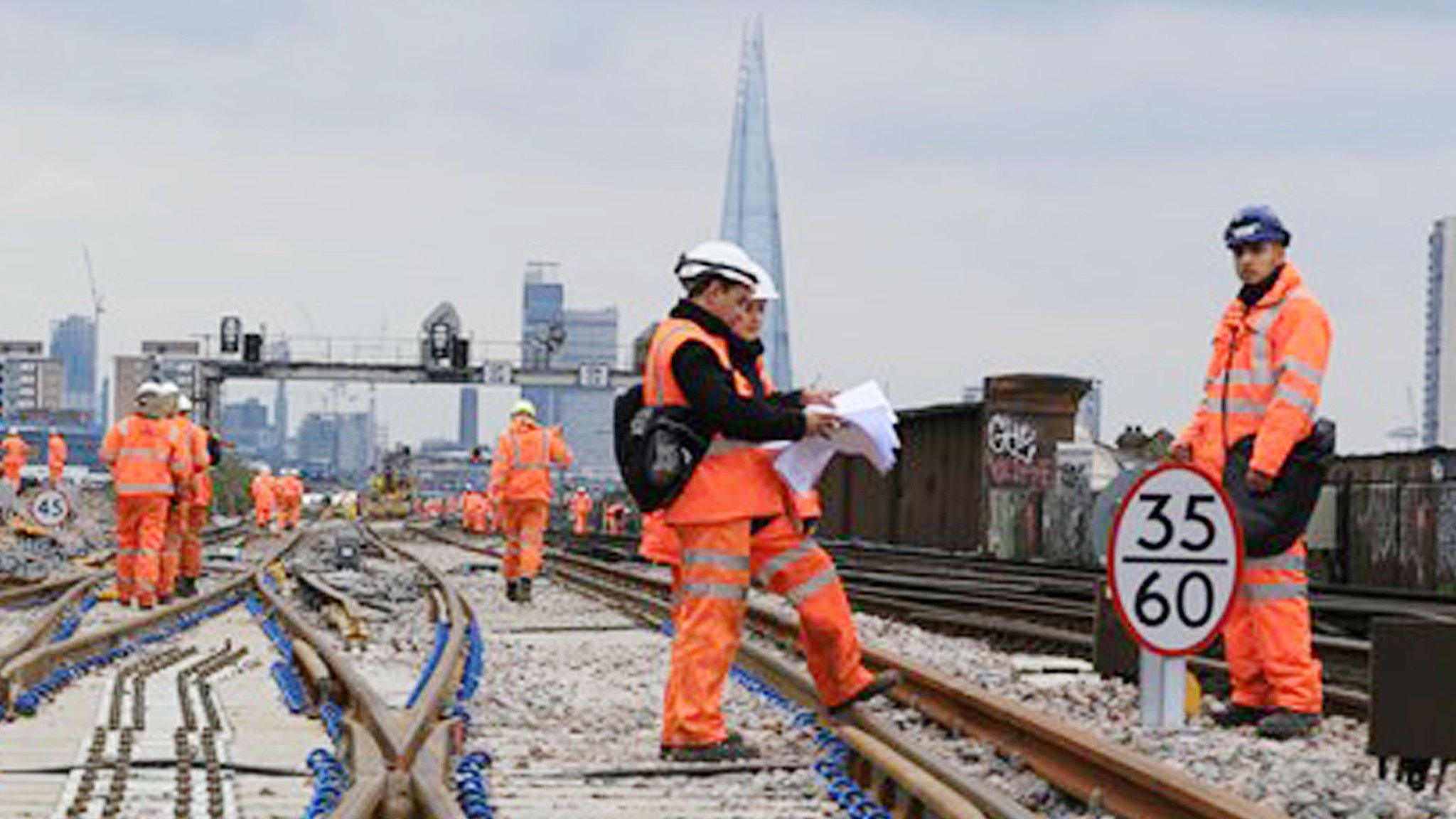
- Published15 May 2015
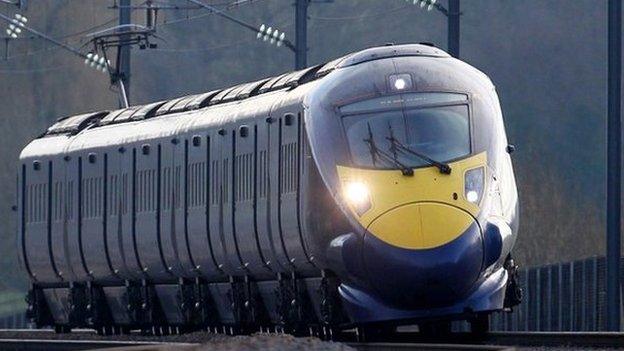
- Published12 June 2014
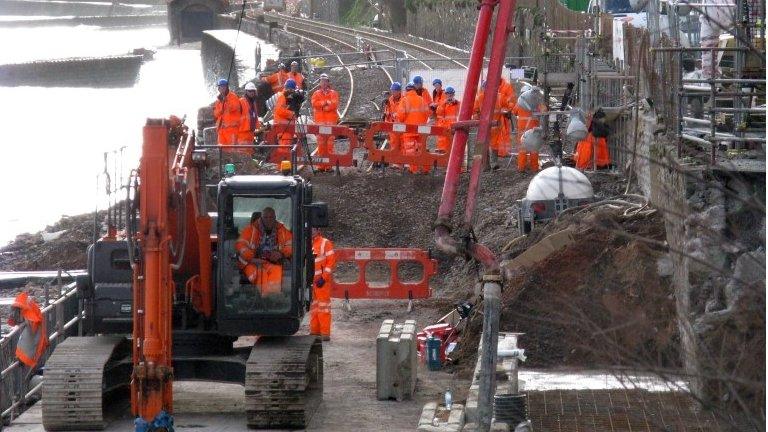
- Published12 May 2015
